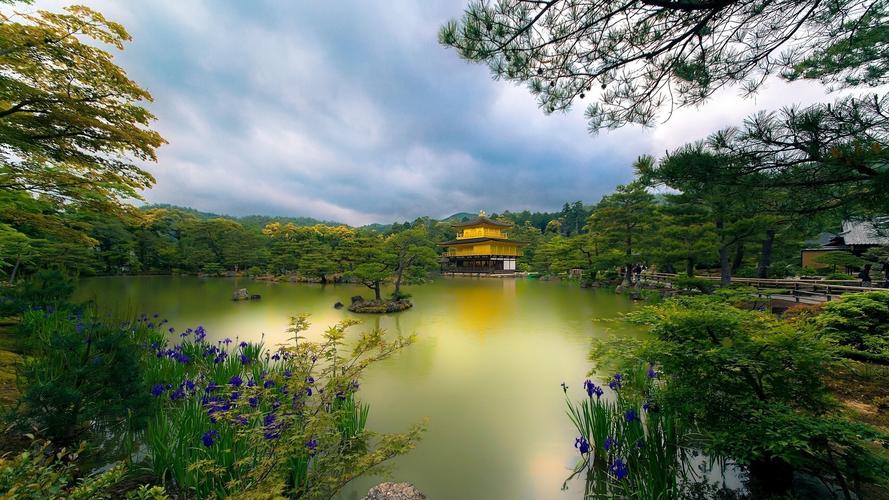Breaking Down Cultural Norms in the 2000s: An Analysis of Trends and Shifts
Culture, just like fashion, is constantly changing; norms that were once widely accepted can become outdated in a matter of decades. In this article, we will explore the shifts in cultural norms in the 2000s and how they have impacted society.
The Age of Technology
The 2000s saw an explosion in technological advancements that transformed almost every aspect of modern life. From the rise of social media to the growth of e-commerce, technology has played an integral role in shaping cultural norms. Online dating, for instance, has become a socially-accepted way of meeting a partner, shifting the traditional notions of finding love offline.
Body Positivity and Self-Care
As society became more digitally connected, conversations around body positivity and self-care rose to the forefront. The rise of influencers and bloggers helped promote these concepts, challenging traditional beauty standards. The 2000s witnessed a significant period of change where different body types and shapes were accepted, leading to a shift in beauty standards and perceptions.
Gender Roles and Equality
The new millennium was also significant for gender roles and the fight for equality. The prominence of movements like #MeToo and Black Lives Matter sparked conversations around institutionalized discrimination and inequality. The gender pay gap, maternal leave, and social norms surrounding housework have all been topics of discussion, with many advocating for a shift in cultural norms to create more equality.
Representation and Inclusivity
Representation and inclusivity have become critical themes in cultural norms. The fight for equality has extended beyond gender to include race, class, and sexuality. The 2000s saw an increase in representation and diverse casting in media outlets, with many pushing for more representation in the arts, politics and the corporate world.
Conclusion
In conclusion, cultural norms in the 2000s saw a significant shift in the use of technology, body positivity, gender roles and representation. These changes have created a more inclusive and accepting society, setting the tone for future generations. The diverse representation and shifting cultural norms have paved the way for greater equality and representation in all areas of our lives. As we move into the future, it’s essential to continue pushing for positive change and challenging cultural norms that hold us back.
(Note: Do you have knowledge or insights to share? Unlock new opportunities and expand your reach by joining our authors team. Click Registration to join us and share your expertise with our readers.)
Speech tips:
Please note that any statements involving politics will not be approved.
